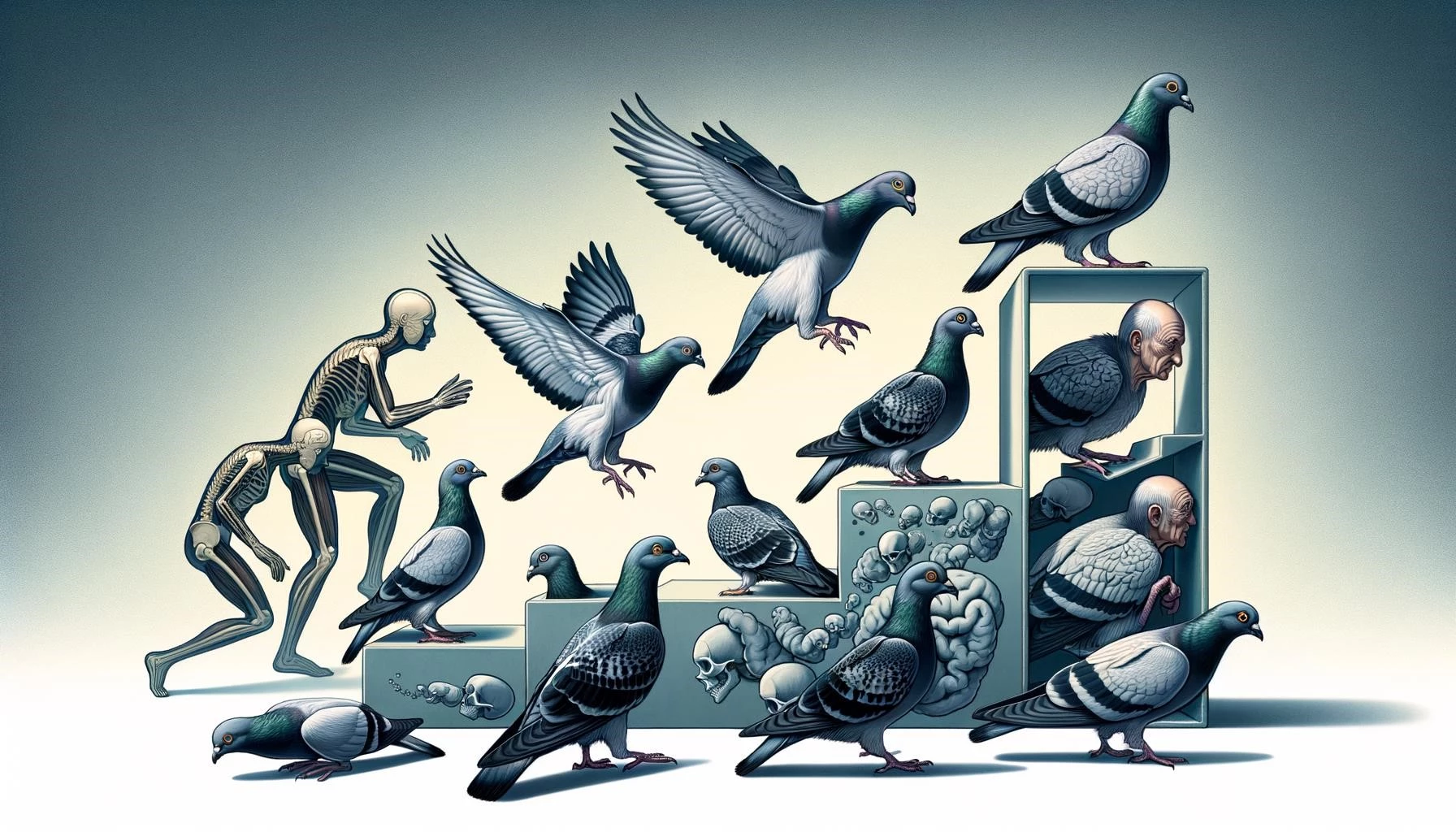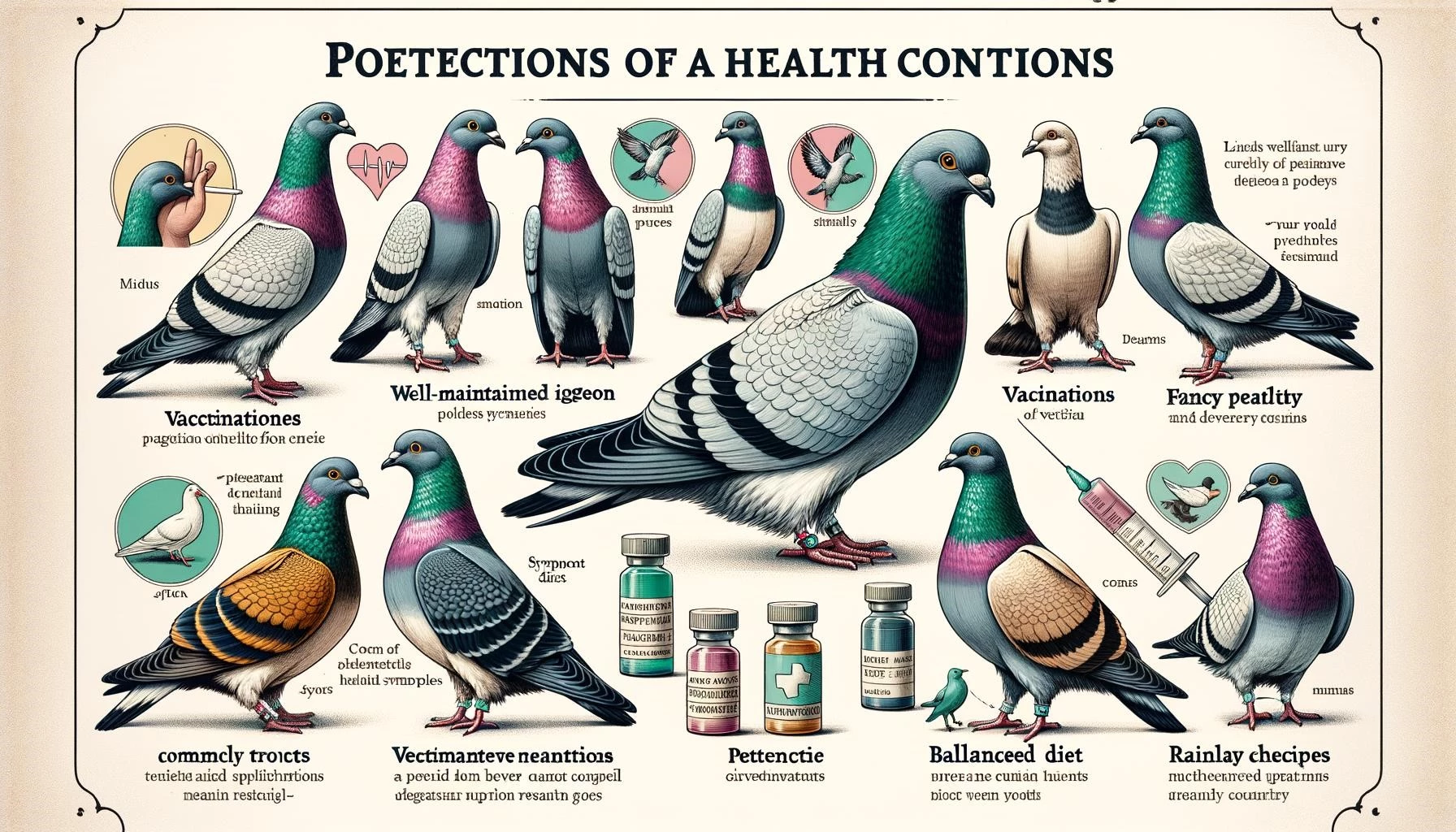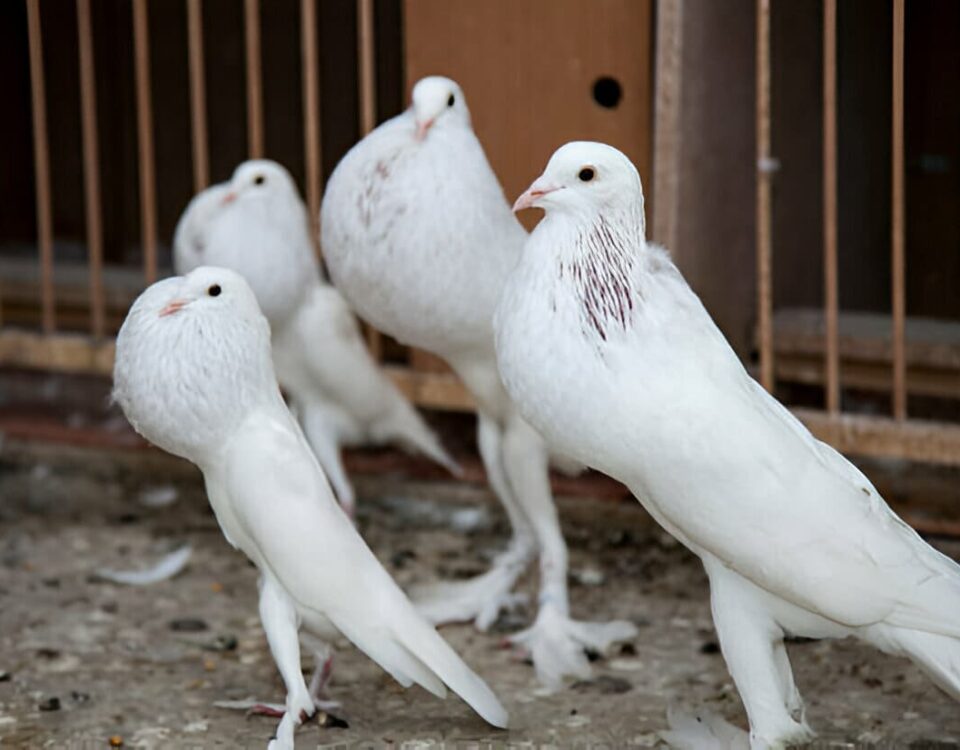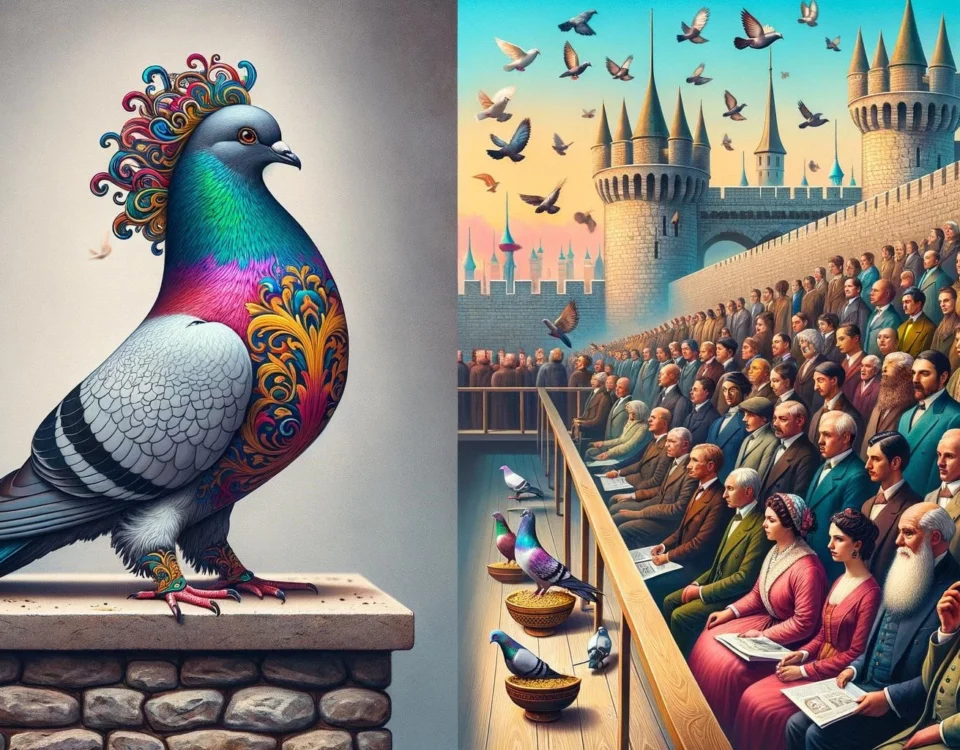Fancy pigeons, which are bred for their unique traits and characteristics, are prone to various diseases that can affect their health and well-being. In this article, we will explore some of the common diseases that can affect fancy pigeons, their symptoms, prevention, and treatment options.
Key Takeaways
- Fancy pigeons, which are bred for their unique traits, can be prone to various diseases.
- Common diseases of fancy pigeons include respiratory infections, canker, worms, coccidia, and mycoplasma.
- Regular health checks, vaccination, proper hygiene, and prompt treatment are important for keeping fancy pigeons healthy.
Respiratory Infections
Respiratory infections are common among fancy pigeons and can be caused by various factors, including bacteria, viruses, and fungi. Symptoms of respiratory infections in racing pigeons include panting after flying, sneezing, decreased loft flying, race losses, eye and nostril discharge, and swollen cere and sinus. These infections can lead to decreased performance and overall health issues in pigeons.
Canker
Canker, also known as trichomoniasis, is a common disease that affects the respiratory systems and digestive tracts of pigeons. It is caused by a protozoan parasite called Trichomonas gallinae. Pigeons with canker may exhibit symptoms such as coughing, weight loss, eye discharge, and diarrhea. Treatment for canker usually involves administering medication to eliminate the parasite.
Worms
Worm infestations are another common health issue in fancy pigeons. Pigeons can contract various types of worms, including roundworms, tapeworms, and hairworms. Infested pigeons may show symptoms such as weight loss, poor feather quality, decreased performance, and diarrhea. Regular deworming and maintaining good hygiene in the loft can help prevent worm infestations in pigeons.
Coccidia
Coccidiosis is a parasitic disease caused by coccidia, a microscopic protozoan. It affects the digestive system of pigeons and can lead to reduced appetite, weight loss, listlessness, and diarrhea. Treating coccidiosis involves administering medication to kill the coccidia and implementing good hygiene practices in the loft to prevent reinfection.
Mycoplasma
Mycoplasma is a group of bacteria that can cause respiratory infections in pigeons. Infected pigeons may exhibit symptoms such as sneezing, coughing, nasal discharge, and decreased performance. Mycoplasma infections can spread quickly among pigeons, so it is important to quarantine and treat affected birds promptly. Treatment typically involves the use of antibiotics.
Prevention is key to maintaining the health of fancy pigeons. Regular health checks, vaccination against common diseases, practicing good hygiene in the loft, and avoiding contact with infected birds can help reduce the risk of diseases. If any signs of illness are observed in fancy pigeons, it is important to seek veterinary attention for proper diagnosis and treatment.









